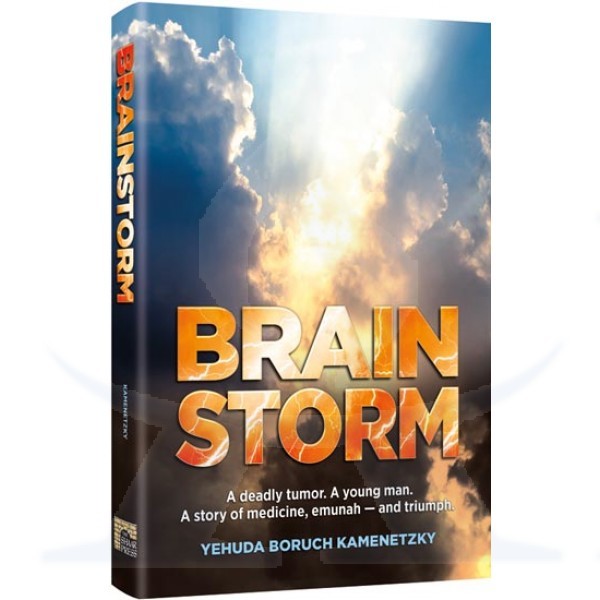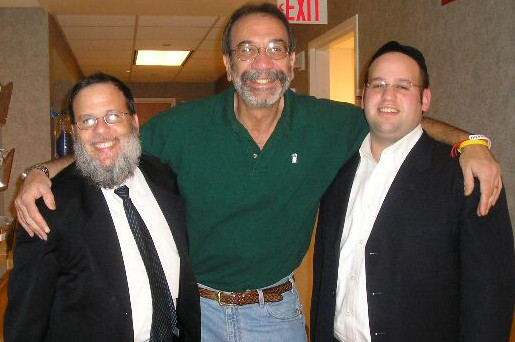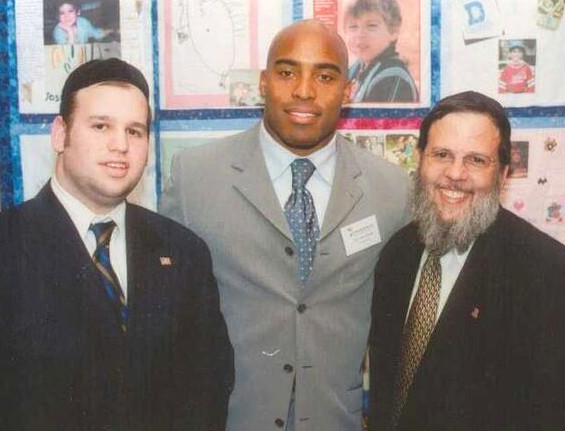BRAINSTORM: Yehuda Kamenetzky’s book recounts how medicine and emunah beat deadly tumor
With great tragedy often comes great insight, and such is represented in Rabbi Yehuda Boruch Kamenetzky’s just-released book, “Brainstorm: A deadly tumor. A young man. A story of medicine, emunah — and triumph” (Mesorah Publications Shaar Press).
With humor and hodaah, Rabbi Kamenetzky, a former resident of Woodmere, and the son of Rabbi Mordechai Kamenetzky, rosh yeshiva of Yeshiva of South Shore in Hewlett, takes readers on his tumultuous journey which began, at age 19, when he was diagnosed with brain cancer.
Rabbi Kamenetzky, using a pen name, originally recounted his experiences in a series of articles for Ami Magazine. After receiving much positive feedback, he sought to reach a larger audience, primarily so “that people with illness should be able to relate to what I went through, but also as a form of hakarat hatov, and to show the awareness of nature that I gained —how the body and nature is so complex and intricate, how boundless Hashem’s knowledge is,” he told The Jewish Star.
In a tight-knit community such as the Five Towns, news spreads fast, and while most people are well-intentioned, everyone wants to know the Who, What and Where, and contribute their advice.
“Getting unsolicited advice is like getting hit with those peklach they throw at a chassan: You have to learn to grab the sweets and ignore the nuts,” he writes.
It can be difficult for members of the community to “come out” with their illness because of fear of embarrassment or shame, and even the discomfort of being on the receiving end of chessed and tefillot, he said.
“I was the one who convinced my parents to tell the community, even though I knew there was a certain consequence that would follow: Most people mean well, and some just like to know what’s going on. But I did not want to live my life in secrecy.”
He explains that he had been in yeshiva in Pennsylvania and elsewhere since ninth grade; since he was not regularly in the Five Towns, he was not worried about the embarrassment of having people in the community know about his challenge. “What I really needed was their tefillot, so nothing else really mattered to me,” he says.











